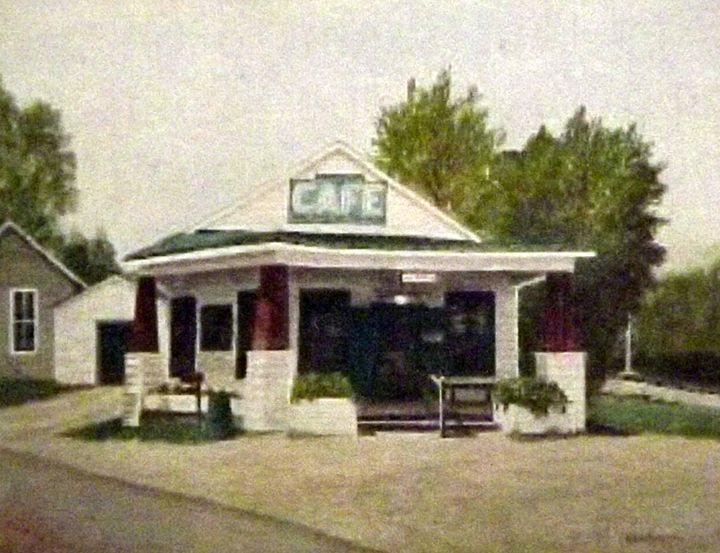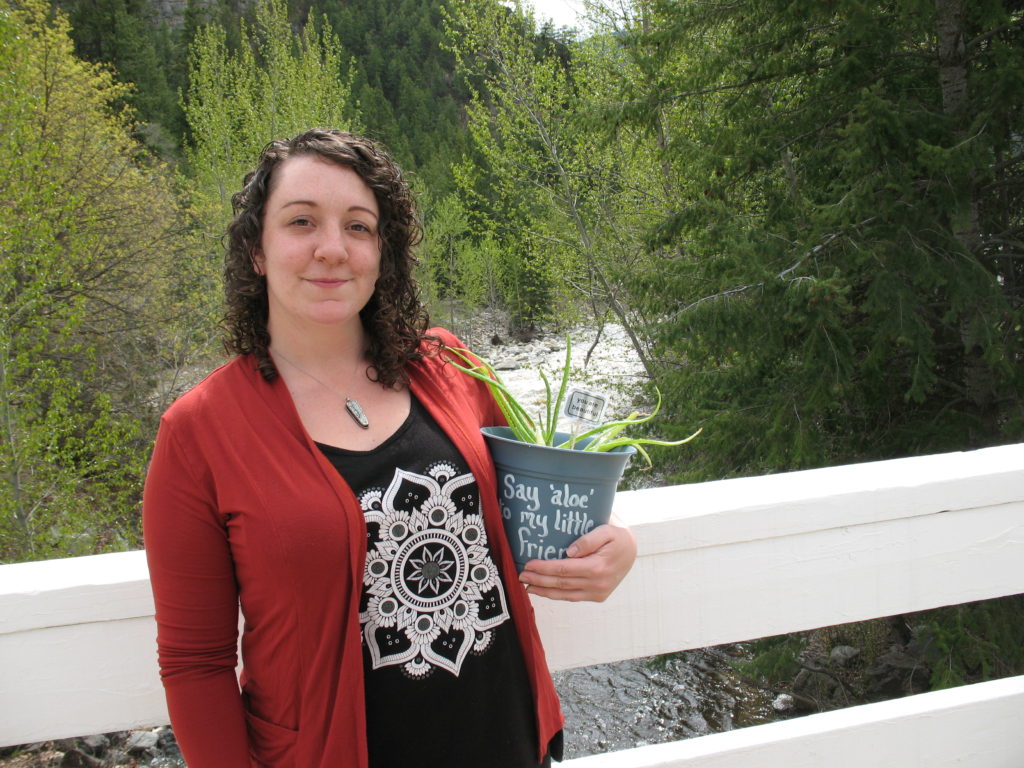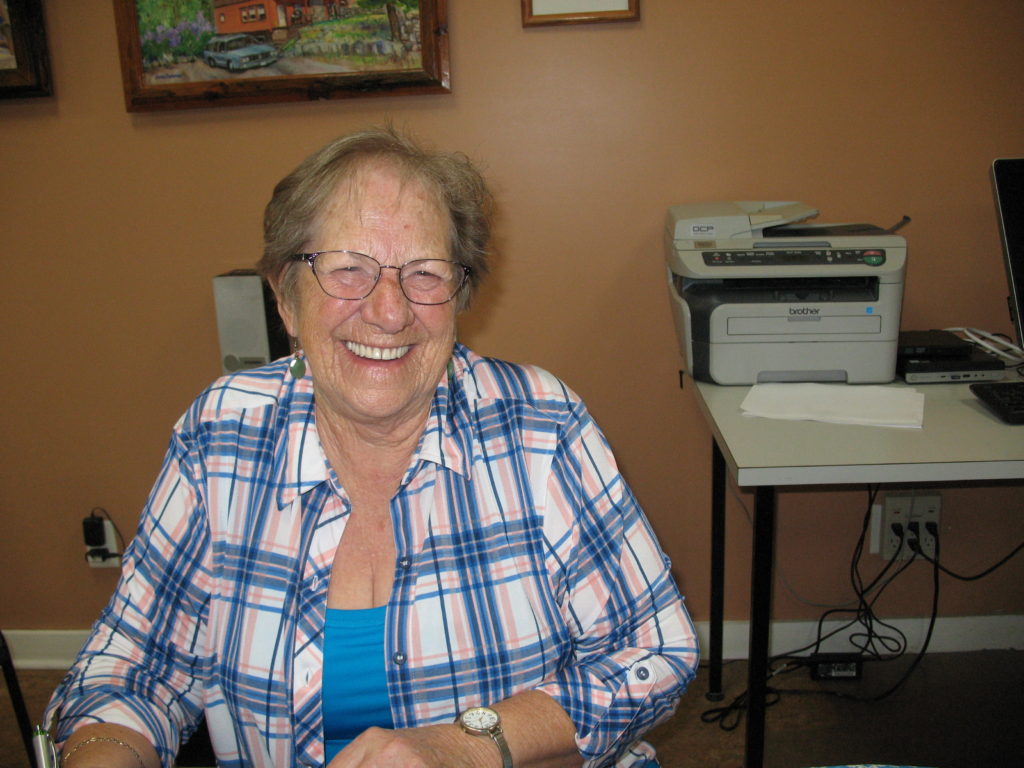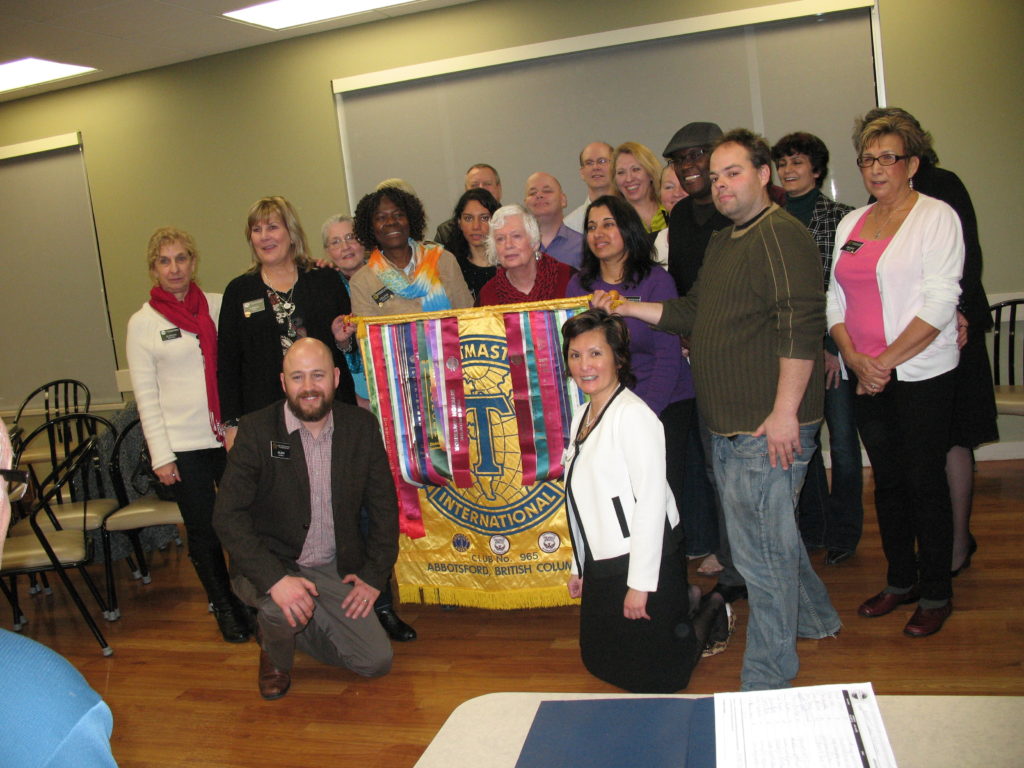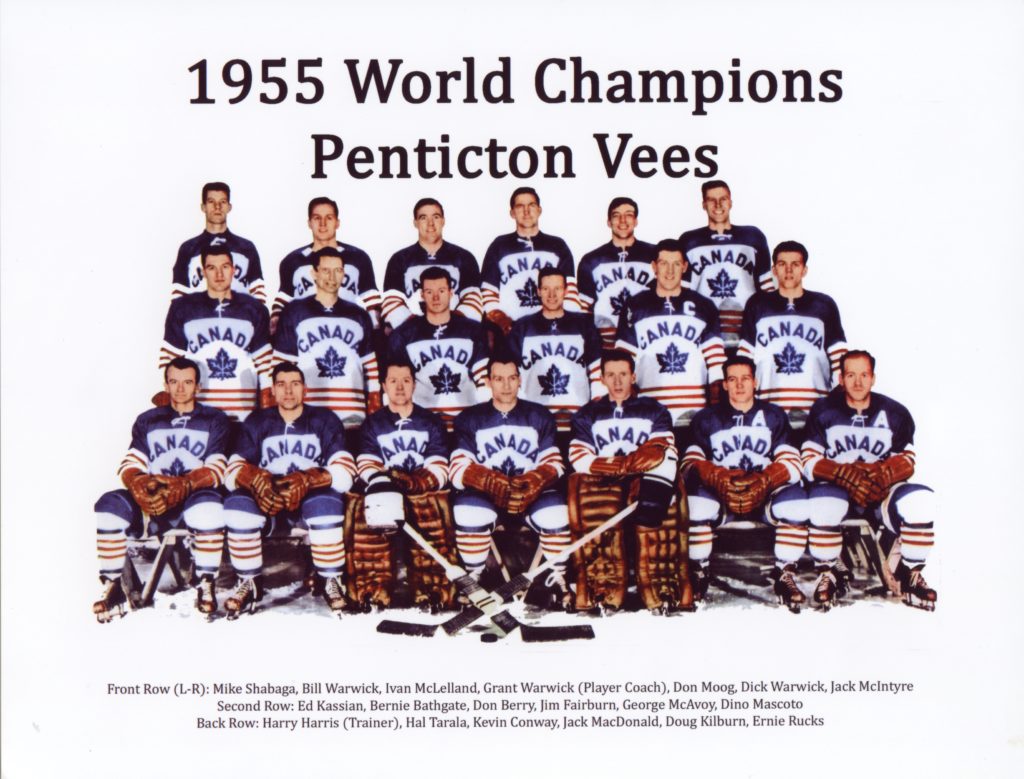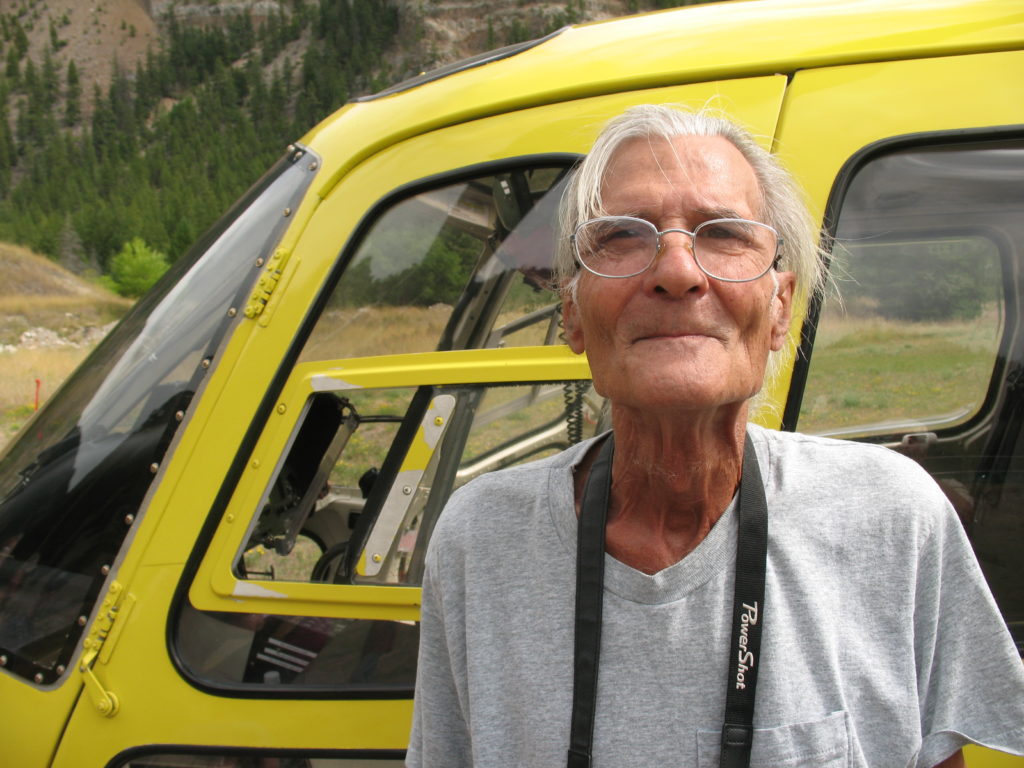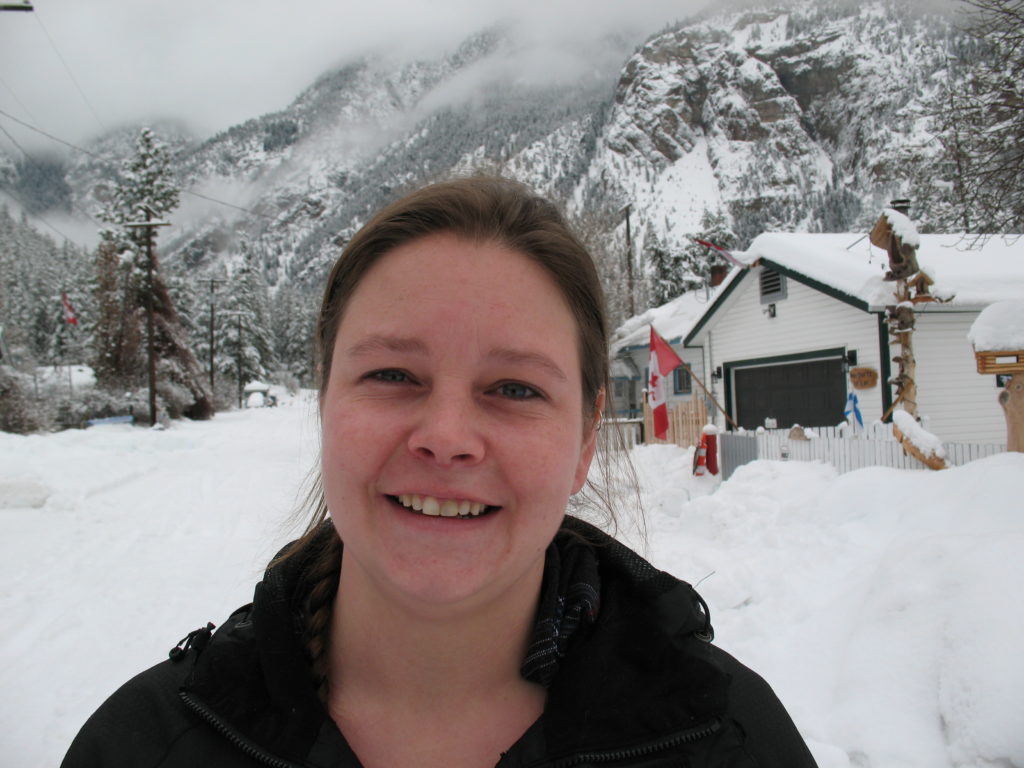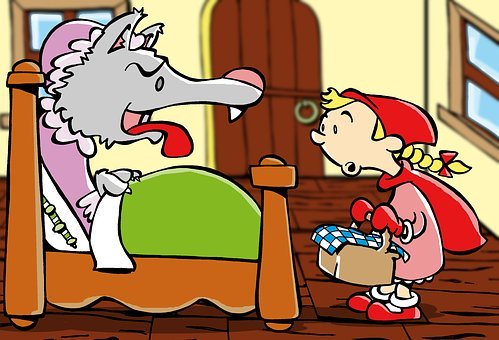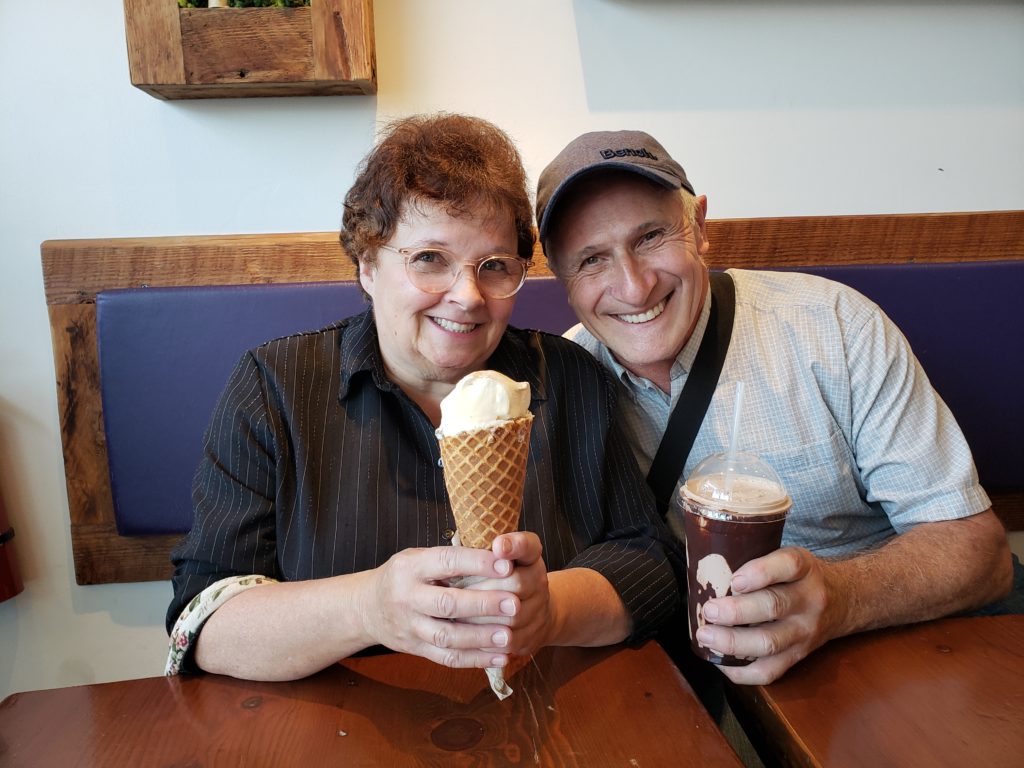
In a 2 hour telephone conversation, Elmer and Sherry Thiesen of Mission talked about their nearly 45 years in a marriage that could have pulled apart at the seams the day they said “I do”. They each came into the union with significant issues. When Elmer was 17, an ophthalmologist informed him, with unnecessary bluntness, he’d be blind in10 years. Sherry grew up in a dysfunctional home and needed to look to others for an understanding of what it meant to be a responsible wife and mother. Her dream was to be a teacher, but after her mother unexpectedly passed away, she left school after grade 11 to become the family’s primary caregiver.
Elmer managed to graduate from high school, “but I read very slowly and was always in the front row, trying to see the board.” He did obtain a drivers license, but the test was perfunctory and Elmer realized he really shouldn’t be driving. It was shortly after receiving the license that he was given the dire prognosis. The ophthalmologist also told him he should relinquish the prized license. Elmer returned home that day, extremely depressed. How could he ever hope to provide for a family if he couldn’t drive? For 4 days he pondered his dilemma, mostly staying in his room downstairs. Finally he went up and wordlessly handed the car keys to his father, possibly the hardest decision he’d made to that time. “Dad understood what this meant.”
After they began seriously dating, Elmer hitchhiked or walked many times from Abbotsford to Aldergrove to see Sherry. When a well meaning friend warned Sherry, “that guy is going blind,” she responded, “that’s ok. I already knew that.”
Elmer’s Mom played a key role in Sherry’s development. “When Elmer brought me to his home to meet the family, his mother immediately set the table for a meal. There was homemade soup, buns and bread. His Mom was especially kind and friendly to me. They were a Mennonite family and she soon began teaching me to prepare dishes popular in their culture. She also explained her faith in God. While Elmer was downstairs playing pool with his Dad, I was upstairs learning from her. I was very shy, but in their home I felt accepted and loved.
Elmer was only 22, and Sherry 21, when they got married in 1975. Both were willing and conscientious workers. Although Elmer’s vision was deteriorating, he was determined to work and found employment at a tire outlet in Burnaby. Sherry worked in the kitchen of the Vancouver General Hospital. After about a year, they realized they didn’t like city life and moved to Abbotsford. Here Elmer was hired by a local tire shop and Sherry worked at a donut outlet until the business was shut down. After 15 years at the tire shop, Elmer was let go due to his failing vision.
In 1993 they bought a townhouse. Although by now Elmer had lost pretty much all vision and was on a government disability pension, he agreed to serve on council. The people apparently saw leadership ability in him and elected him to the position of chairman. Two other council members were also without sight. At the AGM, he said, “If you want to say something, don’t put up your hand. Three of us won’t see it.” He guided the strata to the best possible resolution of a lawsuit, and settled several other matters.

By now, they had brought 4 children into the world and Elmer’s pension wasn’t adequate. When they were offered a janitorial contract, they didn’t hesitate. “I have a spatial mind,” Elmer said. “I memorize where everything is in a room. That enables me to do vacuuming and other tasks. When we put in a bid to clean a medical building, the woman doing the hiring told us all our references described our work as impeccable. She gave us the contract.”
“It hasn’t all gone smoothly,” Elmer said. “One day when I was vacuuming in a doctor’s office, I bumped into a chair. It was not where I thought I had placed it. I began pulling it, but it seemed very heavy. Then a voice said, ‘I’m sorry. I just came back to make some notes.’” It was the doctor. “We don’t always expect things will work out right,” Sherry added. “We just keep moving forward” Love, resolve and resilience have held the marriage seams together.

